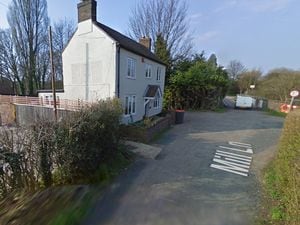HS2 is too risky says secret report
A suppressed government report into the HS2 rail line raises major concerns about its proposed construction timetable, management and costs.
Ministers are trying to use rare emergency powers to block publication of the report into the £50bn project.
It questions the 'risky timetable', the capability of those involved and whether enough work has been done to get to the bottom of the costs of the project.
Cabinet office minister Francis Maude and transport secretary Patrick McLoughlin are among those believed to be trying to block the publication of the report.
They are trying to use special veto which has only ever been used six times before with the most recent case being in the publication of legal advice over the Iraq war.
The suppressed report was written in November 2011. A report in June 2011, which was made public, graded HS2 as an 'amber risk'. But the November report apparently raises this to 'amber-red'.
Among the concerns is a 'risky timetable', with shorter periods of time dedicated for planning and construction of HS2 than has been given to smaller rail schemes.
HS2's phase one, which will link London to Birmingham, has been given 17 months to get through Parliament.
The Channel Tunnel had 25 months to pass all the necessary Parliamentary Bills, while Crossrail, which will run underground in London, had 41 months. HS2 is scheduled to be built in the same time frame as Crossrail and HS1 of around nine years, despite it being bigger and more complex.
Concerns were also raised about the 'skills, capacity and resources' of those working on HS2.
It points out the difficulties there have been in controlling the budget and claims not enough work has been done to 'bottom out' its true costs.
Ministers trying to veto the report say it will create 'political and presentational difficulties'.
A spokesman from the Department for Transport said: "This report is around two years old — things have moved on and we have acted on all the issues raised."





